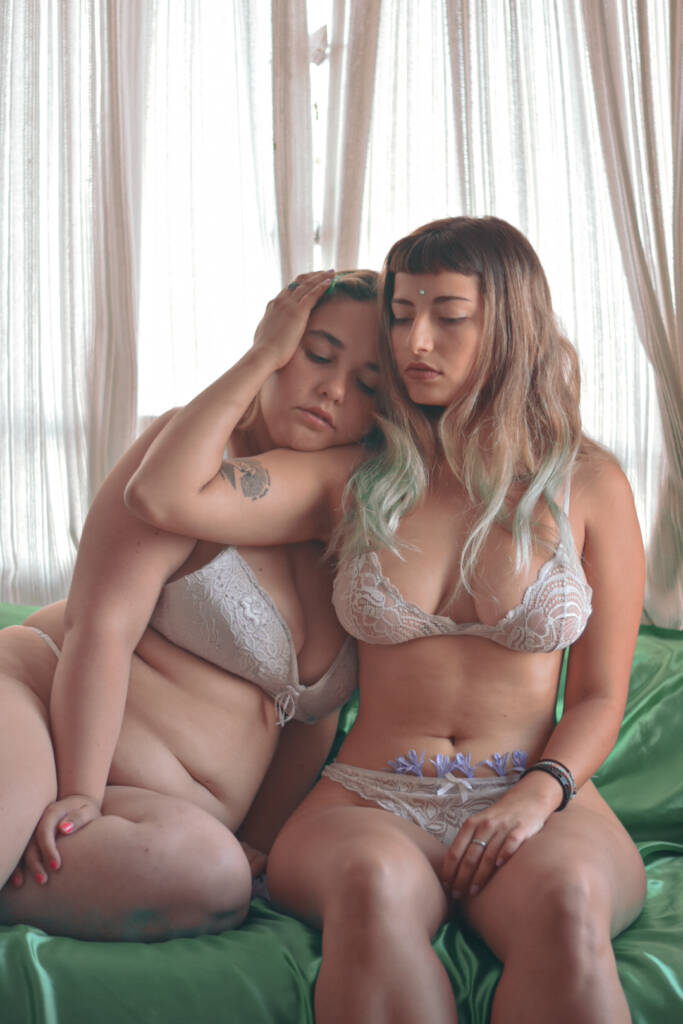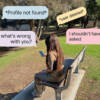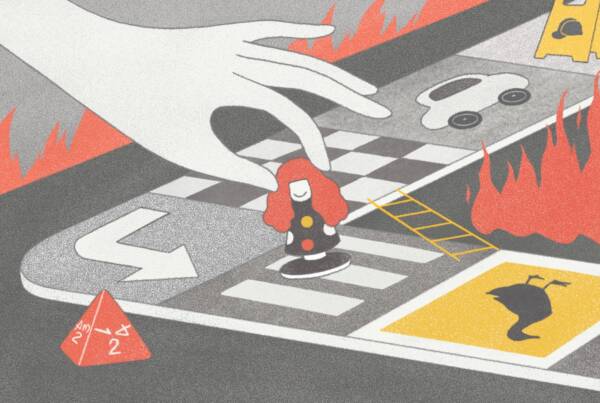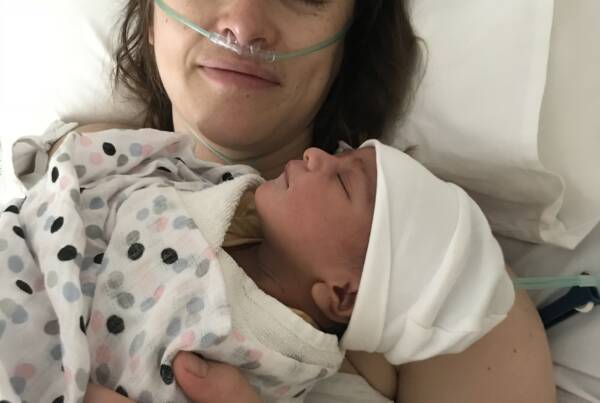Writing by Kacey Clark // photograph by Sofia Aylem
Writing by Kacey Clark // photograph by Sofia Aylem
One of the reasons why I fell in love with San Francisco was its vibrancy: houses painted candy-colored tones, people of all walks of life, sprawling green spaces, and bustling city life. It was my dream to move here many years ago, and here I am today, living that dream. However, the mood of this moment has shifted and the vibrancy which once moved my heart and soothed my soul has suddenly dulled. The hilly pastel neighborhoods are empty and lifeless; the once endlessly entertaining array of families and couples and elderly folks and children now resides behind closed doors, shielded from the world and shielding it from their beauty. The bus that I once rode everyday to work now floats past by completely void of life, and the campus I attended full of hope and zeal for the future sits silently waiting for the seasons to change.
There is no doubt that the pandemic world and the post-pandemic world will never be the same as the world pre-pandemic. And while I find myself so grateful everyday for the things that I have, for my health, safety, support, and financial resiliency, I cannot help but understand this to be a collective trauma that will forever transform the way we see ourselves and the world around us, and this collective trauma is a new kind of pain. And while there is hope for the future and support all around, I cannot help but find myself to be grieving the world before it was turned upside down, the candy-colored houses and strangers beside me on the bus and hugs from friends and nights spent wandering the city that beckoned me with its boldness and summoned me with its life. My pandemic world may look very different than your pandemic world, just as my experiences are so very different from yours and my family and my friends and my neighbors. But between the chasm that separates us, unique individuals with our own stigmas, scars, identities, oppressions, and privileges, I hope we can see that there is something connecting us all; a profound need for healing.
The pain of this moment weighs more or less heavy on each individual depending on their circumstances, with the more marginalized groups getting hit harder and the more privileged ones finding themselves relatively shielded. My hope is that despite the vast array of human experiences, and maybe even because of it, we can come together to realize the ways in which we are all heartbroken humans navigating this new world the best as we can, and that this realization may unite us rather than divide. These are times in which politics and profit have trumped humanity and health, and may the pandemic prove to us that the former kind of world can no longer be prioritized over the latter. The aches and pains we feel in this moment are valid across the spectrum of human experience, and the more we recognize that, the more we can enact the kind of future we want to see in this present moment: one that is compassionate, empathetic, and conducive to health and healing.
As I write this, San Francisco is sleeping outside of my window, waiting for the fire that once coursed through the veins of this city to be re-ignited once more, and I, too, am waiting for this future with a fervent hope and anticipatory ache. However, I know that this pain, like most things, is a process, and its healing, too, will be a process. This is not an incidental disaster or a mark on the calendar of horrible things; this is an opportunity to recognize the resiliency of the human soul and embrace the interconnectedness of ourselves to each other. My wish for San Francisco, for your town, and for the world, is that we take this as a moment to truly understand the things that matter and that from this moment forward we may carry this understanding with us into our everyday interactions and individual experiences. There is so much pain to be processed and so much healing to be done, but I am holding onto the hope that this truly means something. I want this to mean something.







